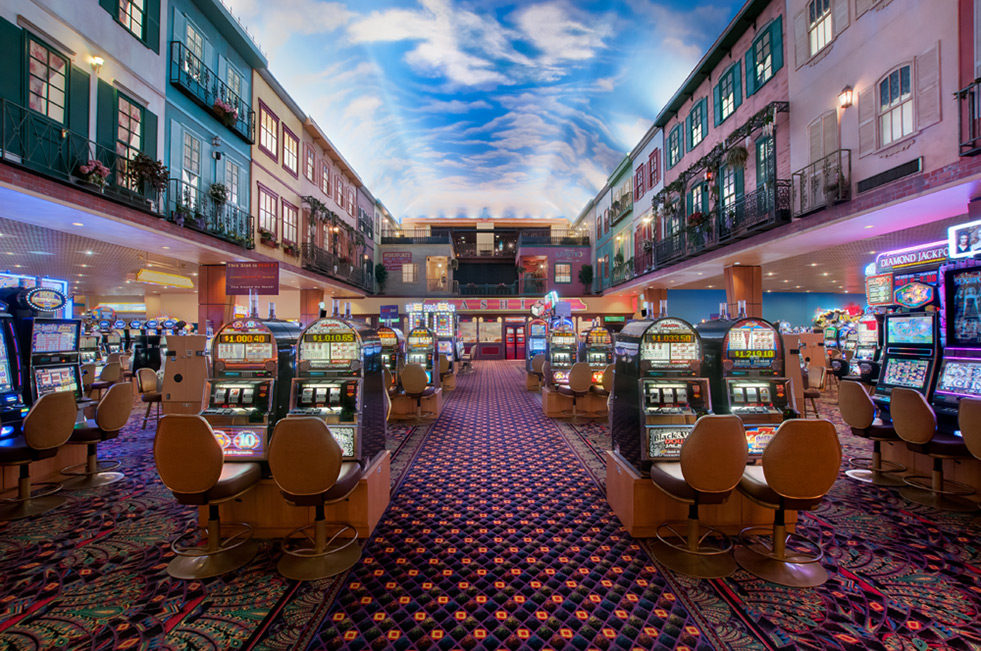Casino Gaming In Texas
TX odd exceptions on its gambling laws have allowed one casino resort to continue its operation. At present, Kickapoo Lucky Eagle Casino Hotel is the only casino resort running through a gaming pact with the states. It is also considered as the best casino in Texas. Megastar Casino, located just north of the Texas border along U.S. Highway 377 is Lake Texoma’s premier gambling destination. 11 hours ago A woman plays a slot machine at a casino in Las Vegas. The Las Vegas Sands wants to bring casinos to Texas and is backing legislation to overturn the state's ban on gambling. One of the Indian casinos in Texas, Kickapoo Lucky Eagle Casino, offers pull-tab machines, bingo, and poker. That casino is the larger of the two casinos in Texas. It has a hotel, five restaurants, and a casino with 3,300 gaming machines. The other casino, Naskila Gaming, does not have a hotel. Casino City is an independent directory and information service free of any gaming operator's control. Warning: You must ensure you meet all age and other regulatory requirements before entering a Casino or placing a wager.
The billionaire owner of the largest casino operator in the world has his eyes set on the state Capitol in Austin, hoping to convince state lawmakers to legalize casino gambling in Texas.
Sheldon Adelson—multi-billionaire casino tycoon, GOP national mega-donor, and chairman and CEO of the Las Vegas Sands Corporation—has made striking moves recently in the political chess game of the Texas legislature.
This election cycle, he and his wife poured $4.5 million into Texas Republicans’ campaign to keep control of the state House, which made him one of the top donors of the season. Now, he’s hired 10 high-powered lobbyists to go to Austin and influence state lawmakers in the upcoming legislative session.
Adelson’s noteworthy lobbyist crew includes current and former high-ranking government officials, including former chiefs of staff to disgraced Speakers of the Texas House Joe Straus and Dennis Bonnen.
Adelson’s moves raise questions and rumors of what they are planning in the Lone Star State, as the legislature begins in just over a month. This week, however, one of Las Vegas Sands’ lobbyists made their plans clear—they view Texas as a potential jackpot for their business, and they’re upping the ante in their quest to bring casinos here.
Casino Gaming In Texas Roadhouse
“We view Texas as a worldwide destination and one of the top potential markets in the entire world,” said lobbyist Andy Abboud during a conference hosted by the Texas Taxpayers and Research Association. He spoke for over half an hour on their proposal to legalize casinos.
“Texas is considered the biggest plum still waiting to be out there in the history of hospitality and gaming,” Abboud said.
“The entrance of someone with gravitas and deep pockets such as Sheldon Adelson could be just what the pro-gambling movement needs to unify its efforts behind a common goal,” Mark P. Jones, a fellow in political science at Rice University’s Baker Institute, told Casino.org.
“It could well be that Adelson’s donations were a twofer, helping to ensure continued GOP control over congressional redistricting in Texas and strength in the U.S. House, while also earning the gratitude of Texas Republican legislators for helping them retain control of the Texas House, with an eye toward the adoption of casino gambling in 2021,” said Jones.
Furthermore, some see the present as a prime opportunity to sway lawmakers to legalize commercial casinos, since the state government is facing a cash shortfall due to coronavirus shutdowns. They argue the increased tax dollars would be a windfall for the state.
“Now may be the best opportunity that casino gambling has had in quite a while,” said State Rep. Joe Deshotel, a Port Arthur Democrat who tried unsuccessfully last legislative session to propose a constitutional amendment legalizing casino gambling along the Texas coast.
Casinos In Texas
But would casinos ultimately help or harm Texans? Evidence suggests the latter.
“Evidence from the health and social sciences suggests that the new American casinos are associated with a range of negative health, economic, political, intellectual, and social outcomes,” wrote the Institute for American Values in a comprehensive report on the consequences of casinos. “For this reason, we view state sponsorship of casino gambling as a regressive and damaging policy.”
The IAV report details how the presence of a local casino—many of which are not Las Vegas-style resort hotels, but rather just large facilities full of computer gambling machines—essentially acts as a parasite on the community.
“Numerous studies show that living close to a casino is a key factor in more frequent gambling. More frequent gambling increases the risk of serious problem gambling,” read the report.

“Problem and pathological gamblers” are who casinos rely on for 35 to 50 percent of their revenue, according to the report. Extracting and exhausting money from these problem gamblers—often low-income citizens—consequently wreaks havoc on local families, children, businesses, and communities.
Additionally, according to the economists at the National Association of Realtors, the impact of casinos on neighboring property values is also “unambiguously negative.” Unlike businesses such as movie theaters or sports stadiums, which are time-limited entertainment and often encourage nearby shops and economic flourishing, casinos are specifically engineered to be an all-consuming place, where customers often do not leave until their money is drained.

“The social costs associated with gambling can be substantial, frequently referenced as crime, bankruptcy, and various forms of social degradation,” wrote the NAR.
“Personal bankruptcy rates are higher in communities with nearby casinos. The rates are highest in areas where the casinos have been the longest,” the report continued.
What Casinos Are In Texas
Texans concerned about legalized casino gambling can contact their state representative and state senator. The Texas legislature begins their session on January 12.